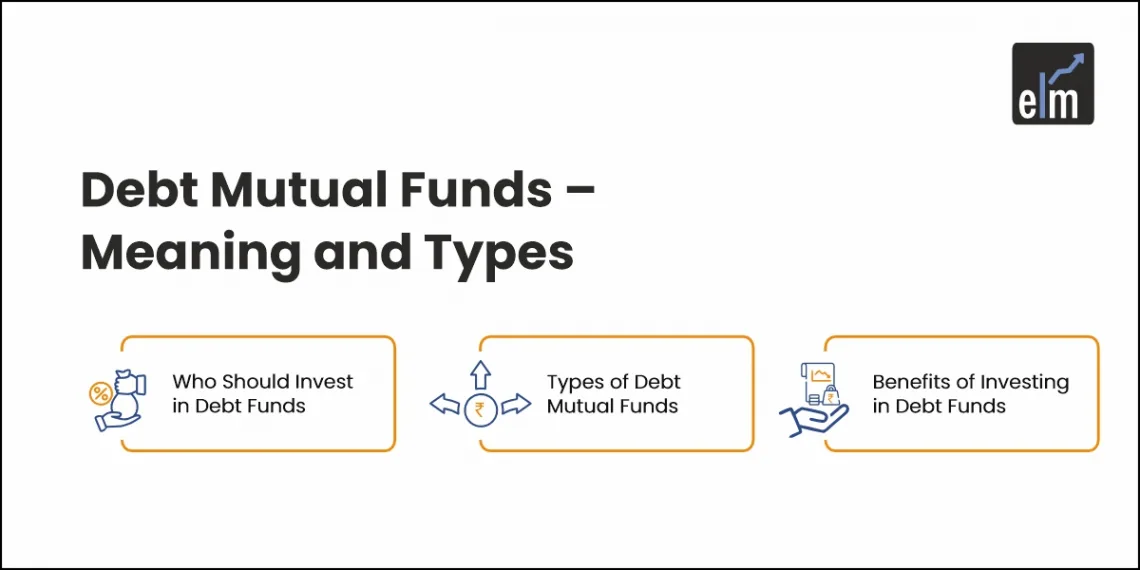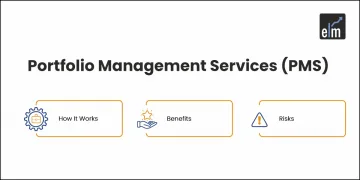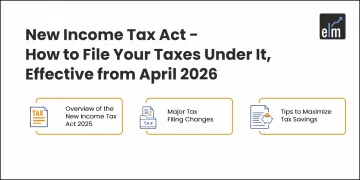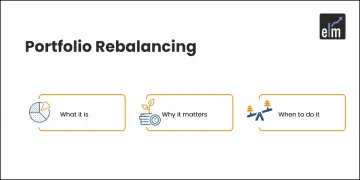One of the best ways to invest your savings is through Mutual Funds. It not only allows us to invest in stocks but also in other asset classes. With the added advantage of expert analysis, professional portfolio management and a variety of funds to choose from, Investors worldwide flock to Mutual Funds to satisfy their financial goals.
Though equity funds are the most popular category of mutual funds, many investors tend to shy away from them due to the high degree of market risks associated with them.
For conservative investors and from the point of view of diversification of a portfolio, debt mutual funds are a good inclusion in one’s portfolio.
What are Debt Mutual Funds?
Before we get to debt mutual funds, let us first understand what Debt and debt-related instruments are.
Companies, from time to time, require funds for expansion and maintaining adequate working capital levels. For this purpose, they need to borrow money from external sources. One of the cheapest ways for companies to raise capital is through issuing bonds. Such bonds are known as corporate bonds and debentures.
But it is not just businesses that require funds, even central and state governments can raise capital by issuing bonds for social welfare or infrastructure projects. Such bonds are known as Government Securities or G-Secs.
A debt mutual fund is a type of scheme that invests in a combination of debt instruments issued by various parties. It may comprise the following instruments –
- Corporate debt – bonds and debentures;
- Money Market instruments – certificates of deposit (CDs), commercial paper, etc.; and
- Government-issued securities.
Who Should Invest in Debt Mutual Funds?
Anyone who wishes to add a level of diversification and safety to their portfolio can invest in Debt Mutual Funds.
Money market instruments and government bonds are considered to be one of the safest asset classes to invest in. Since they are fixed income generating instruments, they act as a safety net during equity market downturns.
Most experts would recommend high levels of debt funds in portfolios of senior citizens and conservative investors. Many investors look for short term debt funds as an ideal way to park their additional funds as they provide better returns than a Bank Fixed Deposit.
These can be used to grow money at rates equal to or higher than those of bank products, with less risk and more liquidity.
Why should we invest in Debt Mutual Funds?
Debt Mutual funds are a safe component of a diversified portfolio, which can cushion it from the losses arising from riskier investments like equity funds and commodities.
They are also very flexible in nature. Investors can choose to make a lump-sum investment or go with an SIP (Systematic Investment Plan).
Due to this, one can also use debt mutual funds to create and grow their emergency funds.
Another essential point is that there are many types of debt funds available, which offer multiple time periods of investments with varying returns and lesser risks than equity.
We will discuss some popular ones next.
Types of Debt Mutual Funds:
Debt mutual funds are primarily categorized on the basis of their Macaulay Duration.
A Macaulay duration is the weighted average of the time it takes to generate cash flows from a bond investment until its maturity.
Therefore, funds classified as per Macaulay Duration include –
1. Overnight Funds
As per SEBI, Overnight funds invest in those instruments that mature in just one day. They are funds with the shortest duration out of all debt funds.
Such underlying instruments include money market instruments and repurchase agreements, commonly known as REPOs.
2. Liquid Funds
Considered one of the most suitable funds for short-term investments, liquid funds, as per SEBI, invest in instruments with a maturity of up to 91 days.
They are considered ideal because their shorter-term implies that they are less prone to interest rate fluctuations and economic downturns. These instruments include commercial papers, treasury bills or T-Bills and other government securities.
3. Ultra-Short Duration Funds
SEBI outlines that an ultra-short duration fund is an open-ended debt mutual fund, which invests in instruments with a maturity period of 3-6 months.
Some products which these funds invest in include Certificates of Deposits (CDs), bonds and T-Bills.
4. Low Duration Funds
Low Duration Funds, as per SEBI, are open-ended debt mutual funds which invest in low duration securities, with a Macaulay Duration between 6-12 months.
They invest in most of the products mentioned before, provided that they have a maturity of up to a year.
5. Short Duration Funds
Short duration funds, according to SEBI, are open-ended schemes with investments of a Macaulay Duration of 1-3 years.
These funds primarily invest in short-term corporate bonds, along with other government and money market instruments.
6. Medium Duration Funds
These mutual funds, as per SEBI, have a Macaulay Duration of 3-4 years. They invest in a mix of corporate debt instruments and bonds, government and money market securities.
7. Medium to Long Duration Funds
Medium to Long Duration Funds have a Macaulay Duration between 4 to 7 years, as per SEBI guidelines.
Unlike the funds discussed before, these mutual funds are ideal for investors looking to make long term investments with more risk appetite as well.
They mainly invest in corporate debt and government securities with longer maturity periods.
8. Long Duration Funds
These funds have the longest Macaulay period, extending beyond 7 years. This makes them the riskiest out of all the funds we’ve discussed before.
This is because the longer duration exposes the investment to all negative and positive outcomes of an economic cycle.
Funds of shorter Macaulay Duration stay protected from these outcomes, though their returns can be lesser.
Apart from these, there are many special categories of mutual funds. Some examples of these include –
- Banking and PSU Funds – These debt funds lend money only to banks and public sector companies.
- Floating rate funds – These funds invest in debt instruments whose returns fluctuate depending on the Reserve Bank of India’s interest rate. If investors opt for government bonds when they offer higher returns, the corporate bond prices go down as their demand for these reduces. So companies issue debt securities which have fluctuating return rates.
- Dynamic Bond Funds – In such a fund, the fund manager dynamically alters the fund portfolio as per the anticipated changes in interest rates. For instance, during a falling interest rate scenario, they will increase their holdings in long term instruments such as gilts. Similarly during rising rates, they increase their holdings in short to medium term bonds.
- Gilt Funds – These funds invest in only government securities.
Bottomline
It is pretty clear that the broad category of debt mutual funds can be used to invest for almost all types of short and medium goals.
These funds expose our portfolio to a unique range of debt securities, which can provide good returns with minimal risks.
Before choosing which debt fund to invest in, investors should evaluate their financial goals and compare the funds available to see which one fits their portfolio best.
This step can be easily taken with the help of StockEdge, through which investors can carefully go through the various mutual funds available and compare them on the basis of their risks and returns.
Frequently Asked Questions (FAQs)
What are debt funds?
Mutual funds known as “debt funds” are those that invest mostly in fixed-income assets including corporate and government bonds, treasury bills, and other debt instruments. These funds seek to minimize the risk brought on by changes in interest rates and credit quality, while simultaneously preserving capital and generating a consistent income.
How do debt funds differ from equity funds?
Whereas equity funds invest in stocks or other equities, debt funds make investments in fixed-income securities. Debt funds are seen as less hazardous than equity funds, although they often yield smaller returns. Equity funds are best suited for individuals with a higher risk tolerance because they are more susceptible to market volatility.







